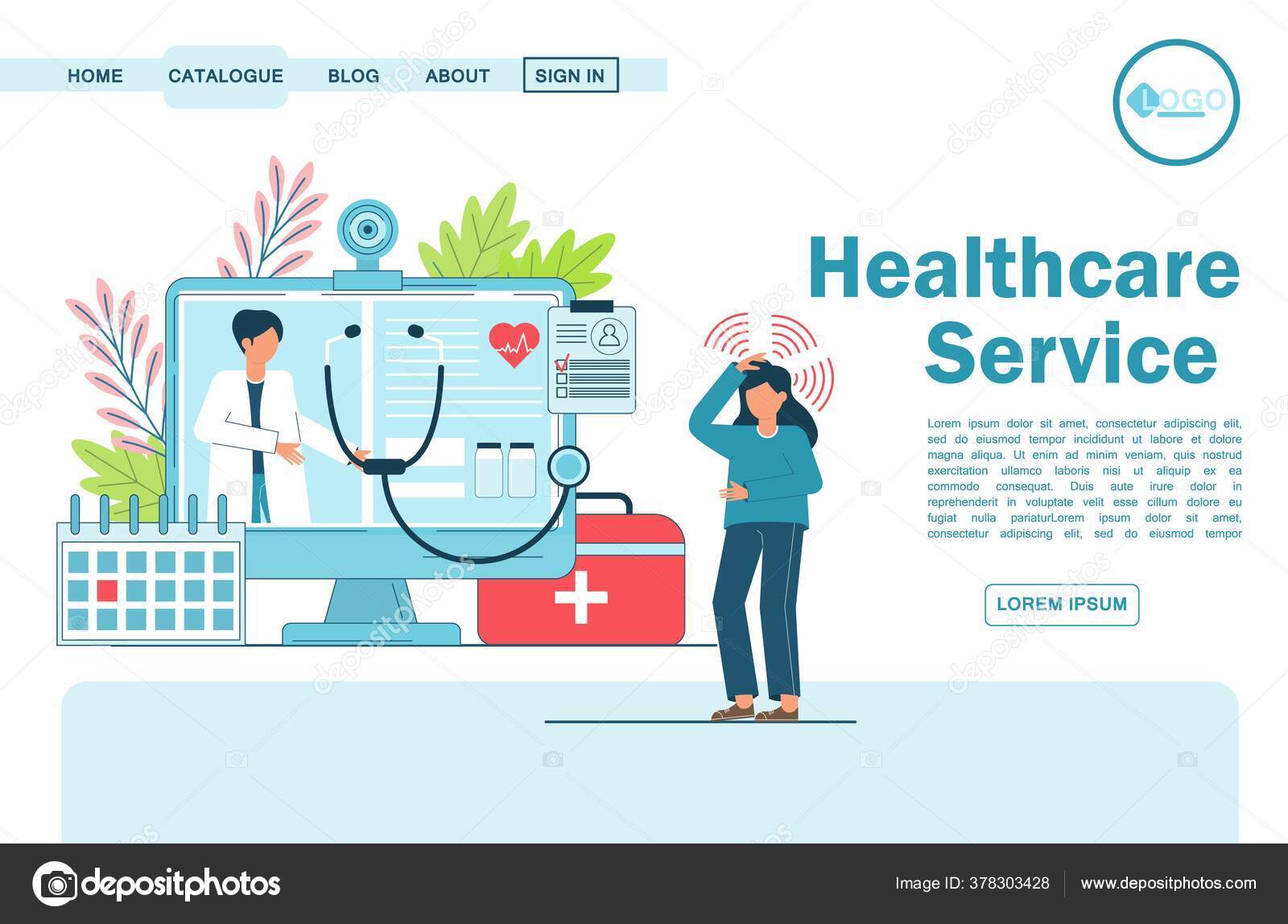Opening the Secrets of Subscription Based Healthcare for Better Patient Outcomes
Opening the Secrets of Subscription Based Healthcare for Better Patient Outcomes
Blog Article
The Surge of Subscription-Based Healthcare and Its Influence On Individual Care
As healthcare advances, the subscription-based version is gaining grip, assuring to reinvent client treatment by using predictability and accessibility. These designs, which bypass conventional insurance policy, could redefine the patient-doctor dynamic, stressing customized and preventive care. As with any type of innovation, they present difficulties, specifically worrying fair access for all socioeconomic groups. The potential for these versions to reshape healthcare distribution elevates pressing concerns about their long-term sustainability and inclusivity. Are these membership solutions the future of healthcare, or do they run the risk of leaving vulnerable populations behind? The intricacies of this shift warrant a better evaluation.
Understanding Membership Healthcare Models
Grasping the principle of registration healthcare versions involves analyzing a transformative approach to clinical solutions that emphasizes price and availability. These models, commonly referred to as straight health care (DPC) or concierge medication, have arised as innovative options to typical fee-for-service healthcare systems. Subscription health care permits individuals to pay a set monthly or yearly cost for a specified set of medical services, which may consist of endless office gos to, routine exams, and standard laboratory examinations, without the need for typical insurance billing.
The framework of subscription medical care models is created to simplify individual treatment by eliminating third-party payers and intricate payment codes, thereby decreasing management problems. Health care suppliers can focus extra on individual care, cultivating stronger patient-provider partnerships. This version likewise promotes preventative treatment by encouraging routine check outs, as the financial obstacle of per-visit costs is gotten rid of.
The registration version usually equips doctor to handle smaller individual panels, enabling more individualized treatment. It straightens monetary motivations with patient health outcomes, as companies are motivated to maintain patient fulfillment and health. Overall, comprehending membership health care designs calls for recognizing their prospective to reshape exactly how treatment is supplied and accessed.
Benefits for People and Providers

For suppliers, subscription-based designs provide the possibility to deepen patient-provider connections. With a consistent profits stream, healthcare experts can devote even more time to each patient, bring about a much more individualized and extensive treatment experience. This design likewise reduces dependence above person quantities, relieving fatigue and enhancing work fulfillment. Additionally, the emphasis on precautionary care within registration plans can bring about far better individual end results and reduced lasting health care prices. By concentrating on continuous treatment, providers can resolve concerns before they rise, eventually benefiting the medical care system overall by minimizing the burden on emergency situation and intense treatment services.
Difficulties and Concerns
While subscription-based health care designs existing countless benefits, they also come with a set of obstacles and problems that should be resolved. This elevates honest questions about equitable accessibility to health care services.
Financial sustainability of subscription-based models is one more issue. Service providers should stabilize the set earnings from subscriptions with the variable costs of health care services, which might vary due to unanticipated medical needs. This can create pressure to limit solutions or increase fees, possibly affecting patient complete satisfaction and care top quality.
Additionally, regulatory oversight of subscription-based medical care versions is still advancing. Dealing with these obstacles is essential for the fair and successful implementation of subscription-based health care.
Effect on Patient-Doctor Relationships
One substantial influence of subscription-based health care models on patient-doctor relationships is the possibility for enhanced connection and individualized care. By adopting a subscription version, physicians can take care of a smaller individual panel, allowing for more specialized time with each person. my review here This boosted accessibility promotes a deeper understanding of a person's medical history, lifestyle, and preferences, making it possible for much more customized therapy plans and interventions.

However, it is very important to recognize that while subscription-based designs might benefit those who can afford them, they could inadvertently expand health care differences. Patients who are not able to join these versions could experience reduced accessibility to individualized care, possibly influencing their connections with doctor. Thus, while the registration model provides encouraging advantages for patient-doctor relationships, it likewise presents challenges that need to be resolved to make sure fair health care gain access to.
Future of Healthcare Access

The role of technology can not be ignored in this makeover. Telemedicine platforms and digital health records assist in seamless interaction in between people and doctor, damaging down logistical and geographical barriers. Furthermore, developments in expert system and data analytics can better individualize healthcare by forecasting individual requirements and maximizing treatment strategies.
Nonetheless, the future of healthcare accessibility likewise offers difficulties, such as ensuring equity across different socio-economic teams. Policymakers and medical care service providers should collaborate to bridge the electronic divide, making sure that subscription-based designs remain inclusive and inexpensive. As these systems grow, they hold the promise of making health More hints care extra available, effective, and patient-centric.
Conclusion
Subscription-based medical care versions are improving patient care by supplying a stable price framework and improving ease of access. These versions strengthen patient-provider relationships via individualized care and normal check outs, stressing preventative health and wellness. Despite these benefits, difficulties such as ease of access concerns for low-income populaces and the demand for fair healthcare solutions persist. The surge of subscription-based medical care urges aggressive patient engagement, which has the potential to improve client end results and satisfaction, signaling a transformative change in health care delivery.
As medical care evolves, the subscription-based design is obtaining traction, promising to reinvent patient treatment by offering predictability and access.Subscription-based medical care designs supply distinctive benefits for both people and service providers, enhancing the overall medical care experience.As medical care systems advance, the future of health care gain access to frequently pivots on the combination of innovative models and modern technologies.Subscription-based health care models are improving individual care by providing a secure cost framework and improving availability. The rise of subscription-based medical care motivates proactive person interaction, which has the potential to enhance client outcomes and contentment, signifying a transformative change in healthcare distribution.
Report this page